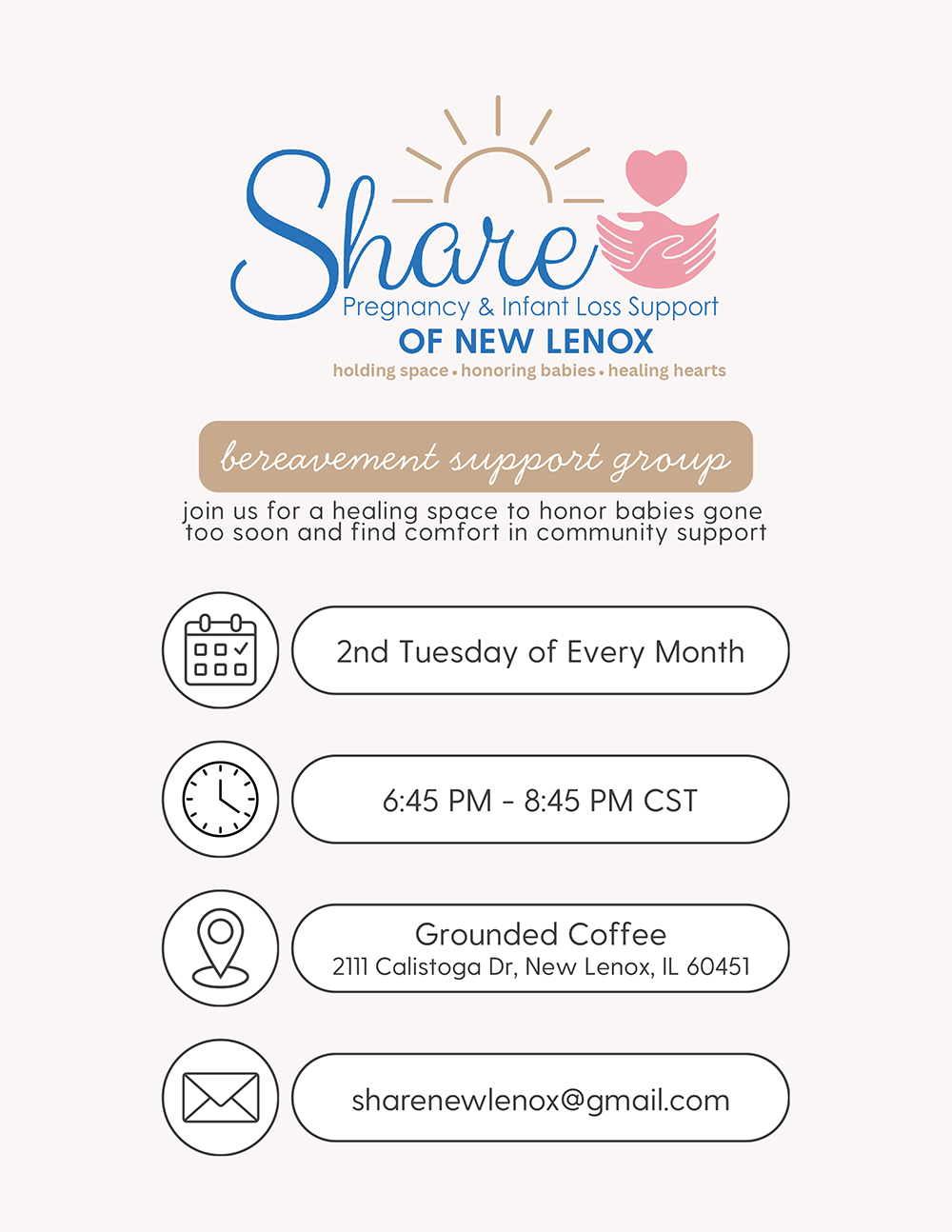
Perimenopause is a normal, natural transition that every woman goes through before menopause. Hormonal changes during this time can result in several symptoms. Some of these may be unpleasant or difficult to handle. Here is what you should know about perimenopause, including what to expect.
What Is Perimenopause?
Perimenopause is the interval preceding menopause. It occurs when a woman goes 12 months in a row without having a period. A woman's body experiences hormonal changes during this period. That happens as her ovaries begin to produce less estrogen.
This decline in estrogen can cause various symptoms that vary from woman to woman. Women can experience the first signs as early as their 30s or 40s. Moreover, it might last anywhere from a few months to many years.
Symptoms
This condition can cause a range of physical and emotional symptoms. Some of these include:
Irregular periods: During this life stage, changes in bleeding frequency, duration, and intensity are frequent
Vaginal dryness: The tissues of the vagina might become dry and thin as estrogen levels fall. That leads to discomfort during sex
Weight gain: Hormone changes can cause weight gain, particularly in the middle
Hot flashes and night sweats: You might feel hot, sweaty, and uncomfortable
Mood swings: Irritability, anxiety, despair, and other mood changes are common
Sleep problems: Insomnia, waking up at night, or difficulty sleeping are typical symptoms
Fatigue: Hormonal changes and sleep disturbances can cause feelings of tiredness or exhaustion
Memory problems: Hormonal fluctuations can cause forgetfulness, difficulty concentrating, or other cognitive changes
Managing Symptoms
Symptom management might be challenging. Women can do several things to manage their symptoms. The following tips can help them feel more at ease during this transition.
Hormone Therapy
Hormone replacement therapy can help balance hormones. It can reduce symptoms like vaginal dryness, hot flashes, and night sweats. But HRT is not appropriate for everyone. It carries some dangers, so you should consult your doctor before starting hormone therapy.
Supplements
Certain dietary supplements can help reduce the symptoms. These include black cohosh, soy, and evening primrose oil. But seeing your doctor before beginning any new supplements or herbs is crucial. That is due to the possibility of adverse side effects or drug interactions.
Lifestyle Changes
Making lifestyle changes can help manage the symptoms during this transition. Mood swings, lethargy, and weight gain can improve with the following:
Regular exercise
A healthy diet
Stress management techniques like meditation and yoga.
Sleep Habits
Good sleep practices can help manage sleep problems during the transition to menopause. These entail keeping a consistent sleep schedule and abstaining from caffeine. You should also avoid alcohol before bed and establish sleeping-friendly surroundings.
Support
Talking to friends or family members about perimenopause can help. It can provide emotional support and validation. Join a support group or seek counseling to manage your emotional ups and downs.
Conclusion
Perimenopause is a natural and normal transition. Every woman goes through this transition before entering menopause. Symptoms can be challenging to handle. Several therapeutic alternatives can help you control your symptoms and feel more comfortable.
For more on perimenopause, visit Partners in Obstetrics & Women's Health at our New Lenox, Illinois office. Call (815) 240-0554 to schedule an appointment today.









